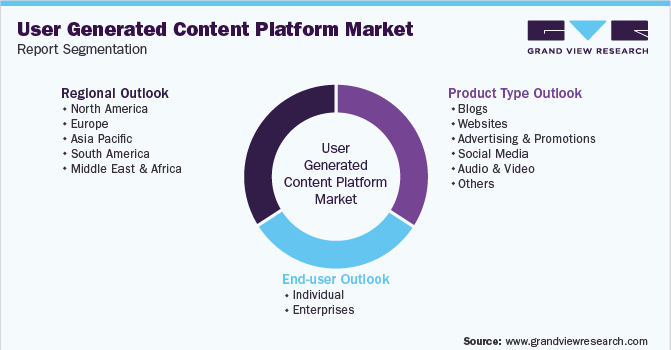BFN Lab: Insights and Innovations
Explore the latest trends and insights in technology, science, and innovation at BFN Lab.
Game Changers: How User-Generated Markets are Redefining Play
Discover how user-generated markets are revolutionizing play and transforming the gaming landscape. Dive into the future of gaming today!
The Rise of User-Generated Content: Transforming the Gaming Landscape
The gaming industry has undergone a radical transformation with the rise of user-generated content (UGC), allowing players to take the reins of creativity like never before. This shift has not only democratized game development but also fostered a vibrant community of creators who contribute to their favorite franchises. Platforms like Roblox and Fortnite are prime examples, enabling users to design their own games, levels, and skins, thereby bridging the gap between developers and gamers. As players engage with these tools, they not only enhance their gaming experience but also contribute to a rich tapestry of gameplay options and experiences that continually evolve.
Moreover, user-generated content has proven to be a powerful marketing tool. Games that actively encourage content creation not only see an improvement in player retention but also a surge in organic reach as users share their creations across social media platforms. Content creators have become ambassadors for their games, forging connections and driving engagement that traditional marketing channels often fail to achieve. In an era where authenticity is paramount, the ability for players to influence the gaming landscape with their unique ideas showcases the strength of community-driven development, marking a pivotal point in the industry.

Counter-Strike is a popular team-based first-person shooter game that has been a staple in the eSports community for years. Players can engage in intense battles as either terrorists or counter-terrorists, utilizing strategy and skill to outmaneuver their opponents. For those looking to enhance their gaming experience, be sure to check out the daddyskins promo code for some exciting offers on in-game items!
How User-Generated Markets are Empowering Gamers and Redefining Play
User-generated markets are revolutionizing the gaming landscape by offering gamers unprecedented control over their experiences. In traditional gaming, players often felt like mere consumers, but now, they can actively participate in the creation and exchange of in-game assets. Platforms like Roblox and Fortnite have become thriving ecosystems where users can design, sell, and trade their creations, transforming the concept of play into an engaging entrepreneurial venture. This shift not only fosters creativity among players but also builds a sense of community, where gamers are interconnected through shared experiences and mutual interests.
Moreover, these markets are empowering gamers by providing them with the tools to monetize their skills and creativity. With user-generated content becoming a significant part of many games, players can earn real income through their designs, custom skins, and even gameplay strategies. As a result, more individuals are discovering new opportunities within the gaming industry, leading to a democratization of game development. The allure of creating and marketing unique digital assets not only enriches the gaming experience but also redefines what it means to play, as it becomes equally about competition, creativity, and commerce.
Are User-Generated Markets the Future of Gaming? Exploring the Trends and Innovations
The gaming industry is experiencing a revolutionary shift with the rise of User-Generated Markets. These platforms allow players to create, share, and monetize their own content, transforming traditional gaming into a collaborative and interactive experience. As technology advances, the barriers between developers and players continue to diminish, leading to a wave of innovations that empower users to not only consume but also influence game design. This trend is particularly evident in popular titles like Roblox and Fortnite, where player-generated content has become a cornerstone of the gaming ecosystem.
As we explore the future of gaming, several key trends emerge in User-Generated Markets. Firstly, the integration of blockchain technology promises to enhance ownership and monetization opportunities for creators. Secondly, trends like cross-platform play and immersive virtual environments are expanding the audience for user-generated content. Lastly, communities are becoming increasingly important, as players seek out social interactions and collaborations within these newly created universes. With these innovations, it is clear that user-generated markets are not just a trend, but a significant evolution in how we engage with games.